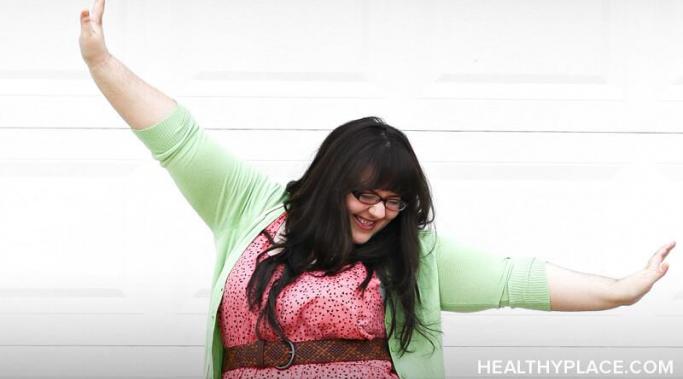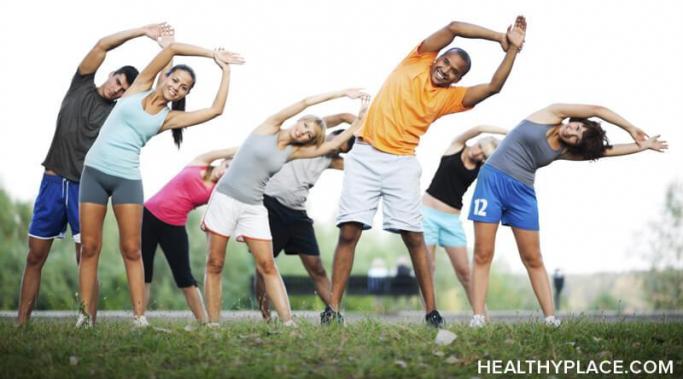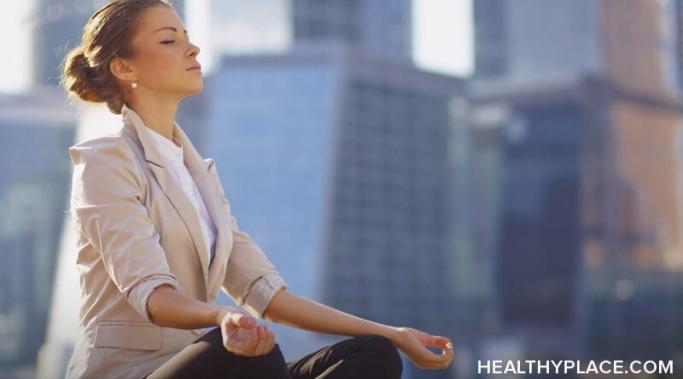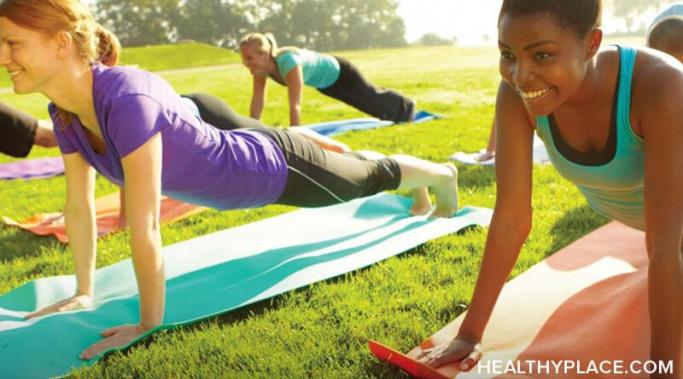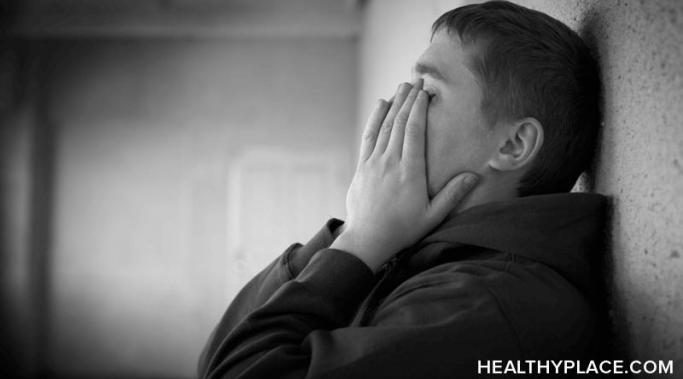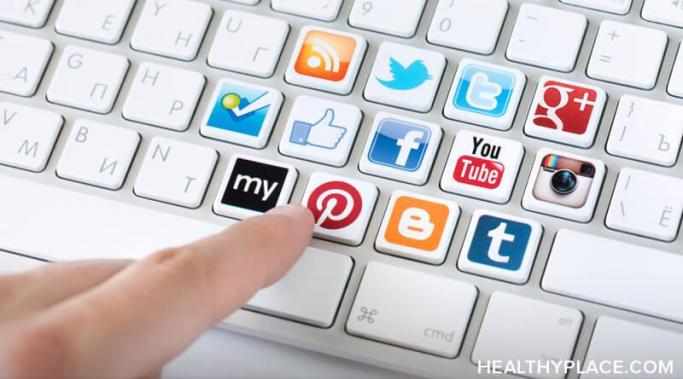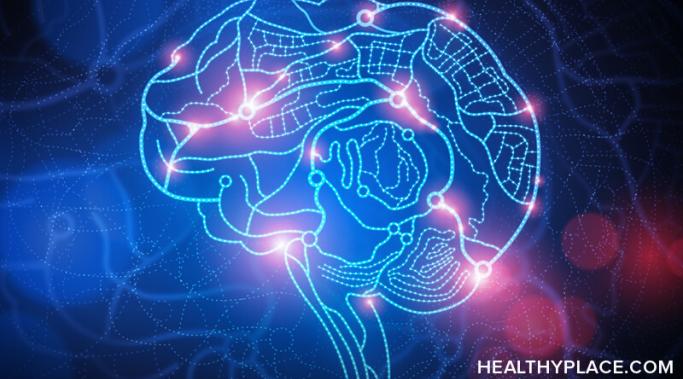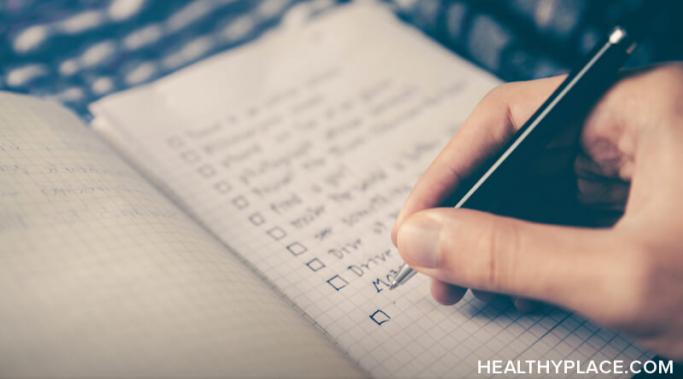Comparing yourself to other people is a natural human tendency. We all do it, often without even meaning to. If you find yourself comparing yourself to people, that definitely doesn't mean you're a terrible person. It might mean, though, that you feel anxious and inadequate sometimes or a lot of the time.
Mental Health Coping Skills
If life has you running ragged and often feeling chaotic or even out of control, this is a sign that you are very much a human being. For many reasons, life can be incredibly stressful, and stress robs us of a sense of balance and serenity. Take heart, for there is great news. You can create inner calm, and it doesn't have to be one more chore on your overwhelming to-do list. Here is a way to cultivate inner calm in just five minutes a day.
A lot of people think that they can't do yoga because they aren't flexible or coordinated. The truth is that yoga isn't about postures and poses. It's about connecting to you. As I've made it a regular part of my life, yoga has drastically improved my mental health.
It's one of those days--the days where I can't get out of bed for fear of the day ahead, where I neglect to take my medication, where I cancel all plans and call in sick. I need something to make me feel better. Instinctively, I feel drawn to binge-watch my favorite TV show. That's the easiest way to forget my feelings, right? However, I know that I must replace my unhealthy coping skills with healthier ones.
When I'm having a bad mental health day, the last thing I want to do is lace up my shoes and work out. I want to stay in bed, eat cereal, and watch TV. But I've learned that regular exercise improves my mental health (and doesn't always involve putting on shoes). I've since made it a priority.
It's difficult to know what to do during a panic attack, especially because completing even the simplest tasks feels like my head might explode. When I have a panic attack, I feel helpless and terrified and can't focus on anything else. Learning to cope has been a messy process, but over time, I have gotten better at it. Here's what I do during a panic attack.
College is stressful and demanding. There's a lot to keep up with--not to mention how difficult the work is sometimes. It's normal to experience stress about schoolwork. However, college stress can have a negative impact on your mental health if you don't manage it well.
Social media can negatively impact your mental health. You don't need dozens of studies to tell you that;1 you've seen it in your own life. But it can also be a force for good. You've seen that too (otherwise you wouldn't still use it). The question is: how can you find a balance? I've put together a list of Dos and Don'ts to promote a positive relationship between social media and your mental health.
Going down the rabbit hole of a negative thought spiral is no fun, and yet, sometimes it's so automatic that it feels like there's nothing I can do to stop it. It only takes one negative thought to blast my mind into a dark place where I feel lots of anxiety and no control. If this happens to you, too, it's not your fault--but you can learn to reframe negative thinking so these nasty thoughts taunt you less and less.
Perfectionism, in my opinion, creates unhappiness and is frequently misunderstood. Many people think that a perfectionist is just someone who has color-coded planners or follows all the rules. They can't observe the self-criticism and constant disappointment lurking in a perfectionist's deepest thoughts. Perfectionists make the best task-doers, but often, they are the most unhappy.
